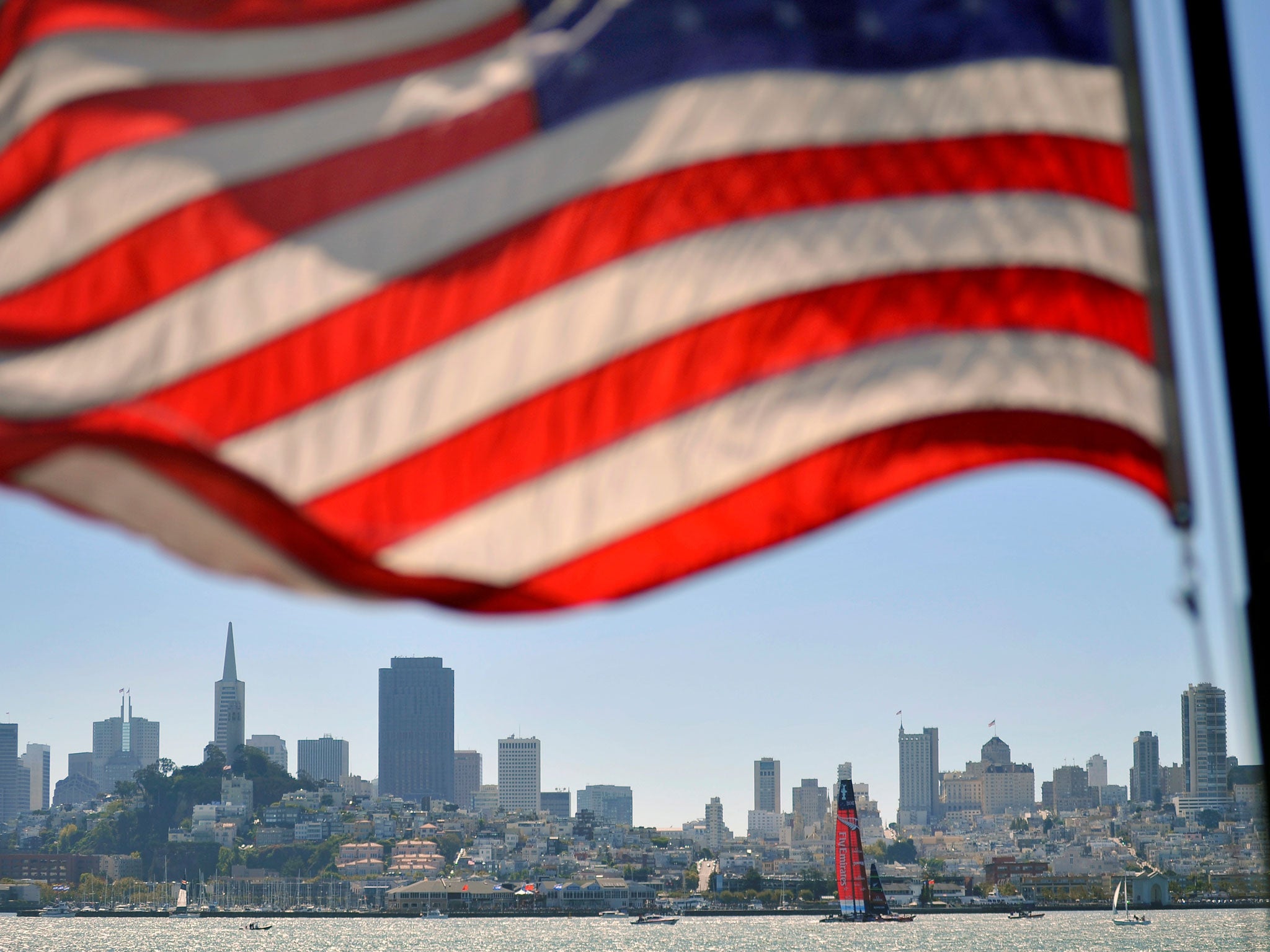4th July: Where does the US national anthem 'Star Spangled Banner' come from?
The song, sung proudly at every Super Bowl, was written for a private gentleman’s club in England

The Fourth of July is a day of summer weather, barbeques and national hot dog eating competitions.
But few people will know that the tune of the national anthem, the “Star Spangled Banner”, a song sung proudly at every Super Bowl, originally came from England.
The melody to which Francis Scott Key set the lyrics was derived from “To Anacreon In Heaven”, the constitutional song of the Anacreontic Society, a private gentleman’s club in London.
The song was named after a Greek poet called Anacreon, who gained notoriety for his poems about women and drinking.
It went on to be a common song sung in taverns in colonial America, but congress did not name it the official US anthem until 1931.
The composer of the melody was called John Stafford Smith, born in Gloucester in March 1750 and son of a cathedral organist.
He went on to join the Chapel Royal in London and was a pupil of composer William Boyce.
Mr Smith became a member of the Anacreontic Society, which first met in taverns in the Strand in London, reaching around 80 members
Held every other week, the meeting would begin with a concert of musicians and end with a dinner, puppet shows and other activities.
Members sang “To Anacreon In Heaven”, whose lyrics were written by society president Ralph Tomlinson.
The private club dissipated in the 1790s but the song continued to appear in printed music and made its way across the Atlantic.
Despite its growing popularity overseas, the composer Mr Smith apparently did not attempt to advertise his own authorship. He died in London in 1836.
By the time of the US civil war in 1861, the mix of Mr Smith’s melody with Mr Key’s lyrics had become one of the country’s most known and treasured songs, and was adopted by the military soon after.
Subscribe to Independent Premium to bookmark this article
Want to bookmark your favourite articles and stories to read or reference later? Start your Independent Premium subscription today.

Join our commenting forum
Join thought-provoking conversations, follow other Independent readers and see their replies